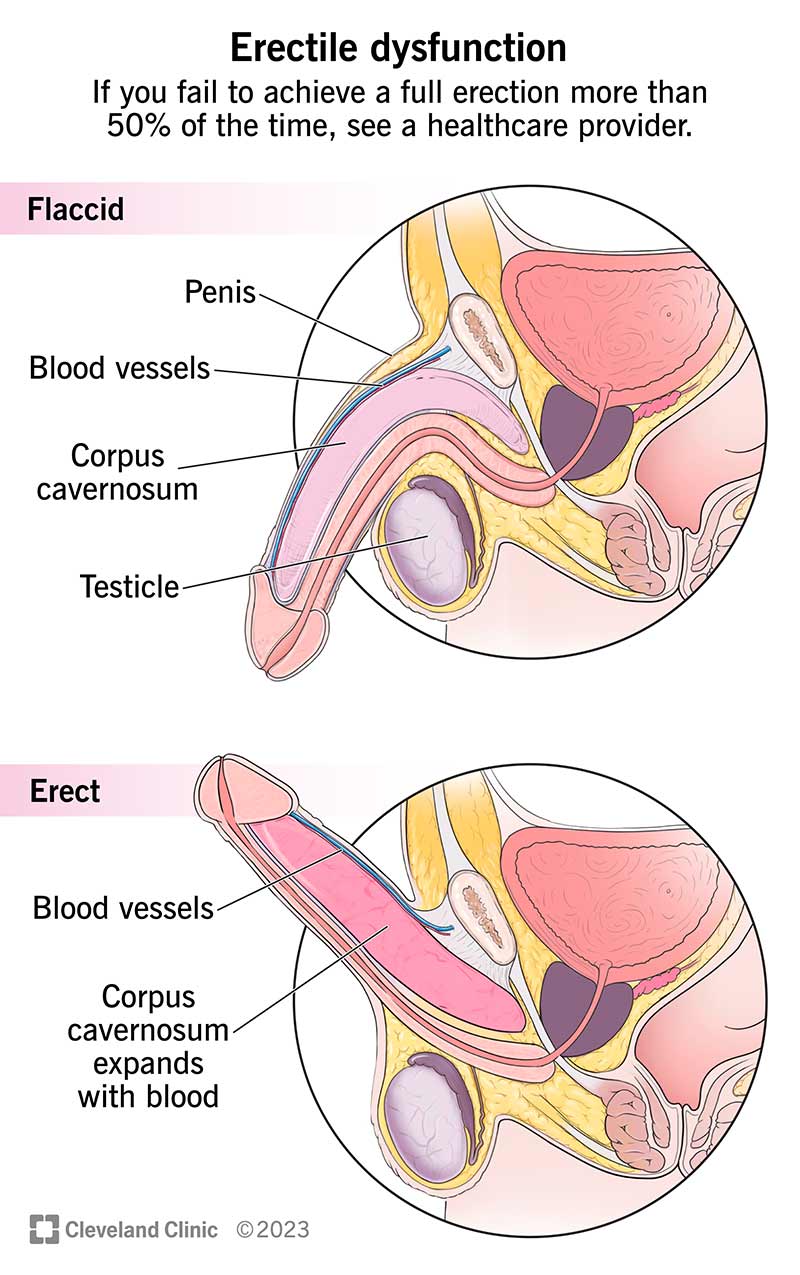Erectile dysfunction (ED) means you struggle to get or maintain an erection firm enough for satisfying sex. This affects millions of men, and it’s often treatable.
Many factors contribute to ED. Physical causes include heart disease, diabetes, high blood pressure, and nerve damage. Lifestyle choices like smoking, excessive alcohol consumption, and obesity also play significant roles. Psychological factors, such as stress, anxiety, and depression, can also impact erectile function.
See a doctor if you experience persistent ED. They can conduct a thorough examination and order tests to pinpoint the underlying cause. This might involve blood tests, hormone level checks, or a sleep study. Early diagnosis allows for timely intervention and improves treatment outcomes.
Treatment options vary depending on the cause. Lifestyle changes such as weight loss, quitting smoking, and managing stress are often recommended. Medication, such as phosphodiesterase-5 inhibitors, may improve blood flow to the penis. Other options include injections directly into the penis, vacuum erection devices, or surgery in some cases.
Open communication with your partner is vital. ED can strain relationships, so discussing your concerns and working together on solutions can strengthen your bond. Many resources offer support and guidance for both men and their partners coping with ED.



